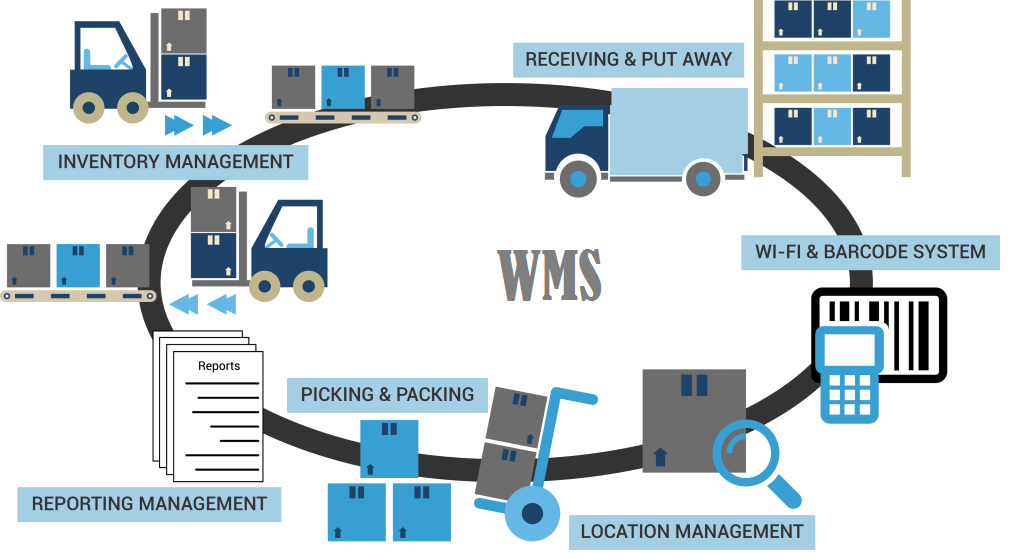Management of warehouses and distribution centers is a major concern for wholesalers, retailers, and businesses involved in the supply chain sector. Doing everything manually isn’t viable anymore, especially in a time, when competition is at its peak and most customers and suppliers are looking for better options. If you wish to automate supply chain processes, using warehouse management system, or WMS, is more than important. There are bunch of companies that specialize in customizing features, modules and setups for clients, focusing entirely on B2B sector. In this post, we take a close look at the basics of warehouse management system.
Why invest in warehouse management system?
With cloud based WMS from Meadewillis.com, businesses can automate a lot of the common processes, which include warehousing, inventory management and handling of shipments. WMS also comes handy in managing tasks more efficiently, because the features are always scalable, measurable and tailored to meet specific needs. Additionally, WMS empowers businesses in eliminating common errors, reducing operational costs, and focusing on the targets. The management, including handlers, supervisors and executives, will have reduced workload, which means that they can focus on some of the other relevant aspects. With warehouse management system, businesses can also improve and maintain relationships with suppliers and end customers alike.

Selecting WMS for your business
The best companies always start with a demo, so clients can understand what the concerned WMS can offer for their brand. Expectedly, you should first start by making a list of the top-rated warehouse management systems. Keep in mind that implementation of the software is of utmost importance, as is the pricing. The idea is to install and implement a WMS in a way that it doesn’t affect the rest of the operations. It may also involve training your employees, so you have to be cautious that the concerned company offers enough support for the same.
Over the years, warehouse management systems have improved considerably, and most of it can be contributed to developers and B2B service providers, who have worked hard with their respective products. Besides reducing maintenance and support costs, the right WMS can also offer simplified solution integration and increased productivity within the enterprise. Available data and information can be further consolidated and used for tracking performance and measuring aspects that really need attention, both in the short and long run. Shortlist a few choices and ask for a demo to know things better.






+ There are no comments
Add yours